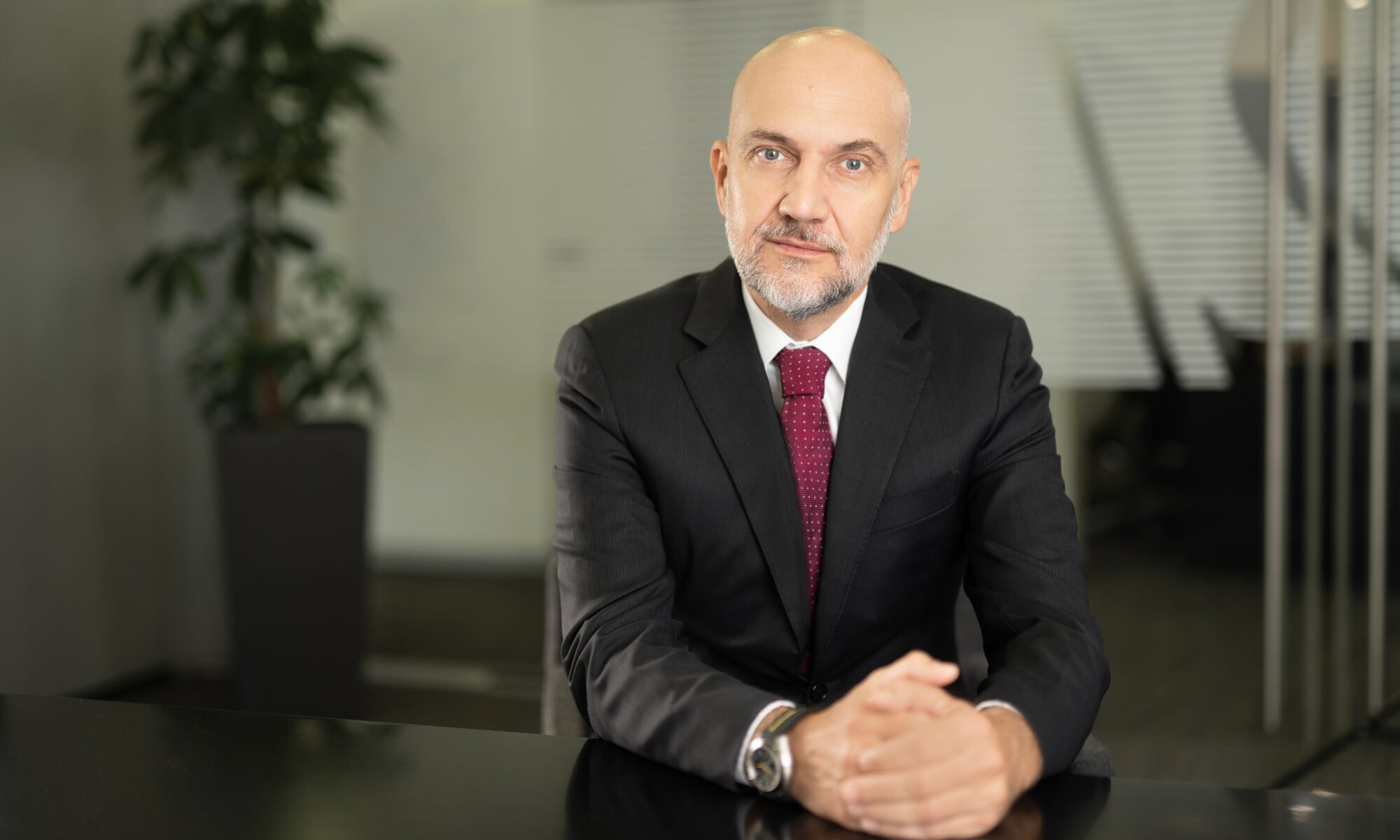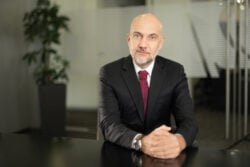 Interview with: Miloš Vučković, Managing Partner
Interview with: Miloš Vučković, Managing Partner

Karanovic & Partners o.a.d.
What do you see as the main points that differentiate Karanović & Partners from your competitors?
This year, we celebrate 30 years of continuous work, as the only law firm in the region that was homegrown – and has remained so. While many competitors grew through integration with international law firms, we developed organically. We set our standards and ways of working, tailored to the specific needs and dynamics of this region.
We established practice and industry groups early on, which allowed our cooperating lawyers to grow as specialists while staying closely connected across teams. Clients appreciate that we are a true one-stop shop that can provide fast, consistent, and practical support across multiple jurisdictions.
Which practices do you see growing in the next 12 months? What are the drivers behind that?
We see strong growth in energy and infrastructure, driven by the region’s push toward renewables. ESG and compliance work are also expanding quickly, as regulations become more demanding and businesses look for practical ways to meet those standards.
Also, there is agrilaw, as food security, sustainability, and EU-driven standards remain at the forefront. We see clients across the agricultural value chain needing tailored advice on everything from land use and subsidies to supply chain and ESG compliance.
Finally, the defence industry is also an area where specialised legal support is becoming essential.
What’s the main change you’ve made in the firm that will benefit clients?
We’ve put a lot of effort into building real industry know-how. Our cooperating lawyers are trained both internally and externally to understand the specifics of our clients’ businesses, from sector regulations to the commercial realities of how those industries operate. This focus on deeper specialisation allows us to give advice that is legally sound, practical and directly relevant to the challenges our clients face.
We also invested in professionalising our internal operations, from quality control to smarter use of technology. While these may seem like behind-the-scenes improvements, they have a direct impact, since clients benefit from greater efficiency and clarity in every matter.
Is technology changing the way you interact with your clients and the services you can provide them?
Absolutely. Technology has become an inseparable part of our work. It helps us deliver faster, manage better, and communicate more effectively with clients.
We always have in mind that our clients want transparency, real-time updates, and practical tools that make their lives easier. We’ve embraced that shift, but always with the view that technology is here to serve these relationships, not replace them.
As we closely follow the development of AI and adopt tools that help us work smarter, it is always with the goal of improving the quality and efficiency of what we deliver. We are very clear about our priorities: the interests of our clients and the quality of our services.
Can you give us a practical example of how you have helped a client to add value to their business?
There are many examples of how we help businesses address their broader environment, not just legal issues. For instance, we work with clients to identify key stakeholders, understand their interests, and determine the best ways to engage with them. We also advise on strategic positioning and adapting approaches in line with the market developments. This combination of legal insight and business understanding enables clients to make informed decisions and strengthen their presence in the region.
Are clients looking for stability and strategic direction from their law firms – where do you see the firm in three years’ time?
Looking ahead, our ambition for the next three years is to be pioneers in emerging areas. We’ve built a regional platform that provides clients with a steady, consistent service, while placing strong emphasis on in-depth understanding of their businesses, industries, and emerging technologies. That is why we will go into deeper specialisation in areas that are still emerging, anticipating clients’ future needs and building expertise where it will matter most.

